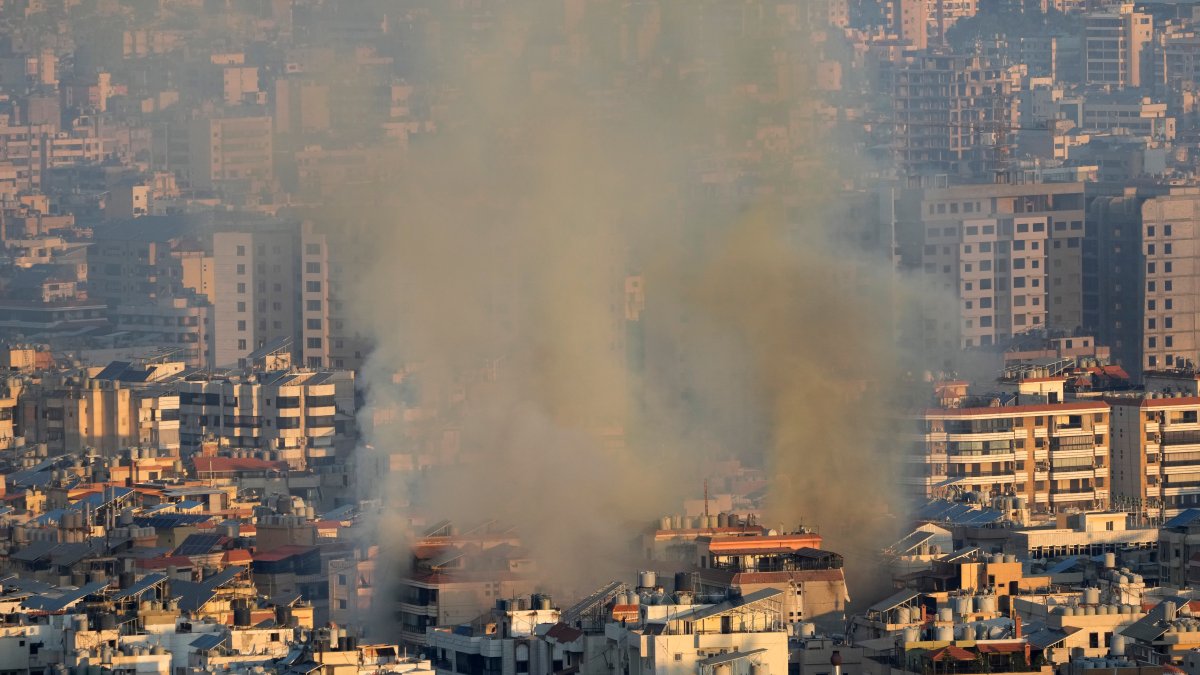The Israeli military said it was mobilizing additional reserve soldiers as tensions rise with Hezbollah in Lebanon.
The Israeli military said it was mobilizing additional reserve soldiers as tensions escalate with Lebanon. The military said Saturday morning it was activating three battalions of reserve soldiers, after earlier sending two brigades to northern Israel earlier in the week to train for a possible ground invasion.
Rumors swirled after Israel claimed it struck Hezbollah’s headquarters in Beirut on Friday. Hezbollah leader Hassan Nasrallah was the target of the strikes, according to two people familiar with the matter who spoke on condition of anonymity, including one United States official.
Israeli strikes on Lebanon killed at least 350 people.
On Saturday morning, the Israeli military carried out several strikes in southern Beirut and eastern Lebanon’s Bekaa Valley. Hezbollah launched dozens of projectiles across northern and central Israel and the Israel-occupied West Bank.
In Beirut’s southern suburbs, smoke was rose and the streets were empty after the area was pummeled overnight by heavy Israeli airstrikes. Shelters set up in the city center for displaced people were overflowing. Many families slept in public squares and beaches or in their cars. On the roads leading to the mountains above the capital, hundreds of people could be seen making an exodus on foot, holding infants and whatever belongings they could carry.
At least six people were killed and 91 were wounded in the strikes against the Hezbollah on Friday, Lebanon’s health ministry said. It was the biggest blast to hit the Lebanese capital in the past year and appeared likely to push the escalating conflict closer to full-fledged war. At least 720 people have been killed in Lebanon during the week, according to the Health Ministry.
The death toll is likely to rise significantly as teams comb through the rubble of six buildings. Israel launched a series of strikes on other areas of the southern suburbs following the initial blast.


